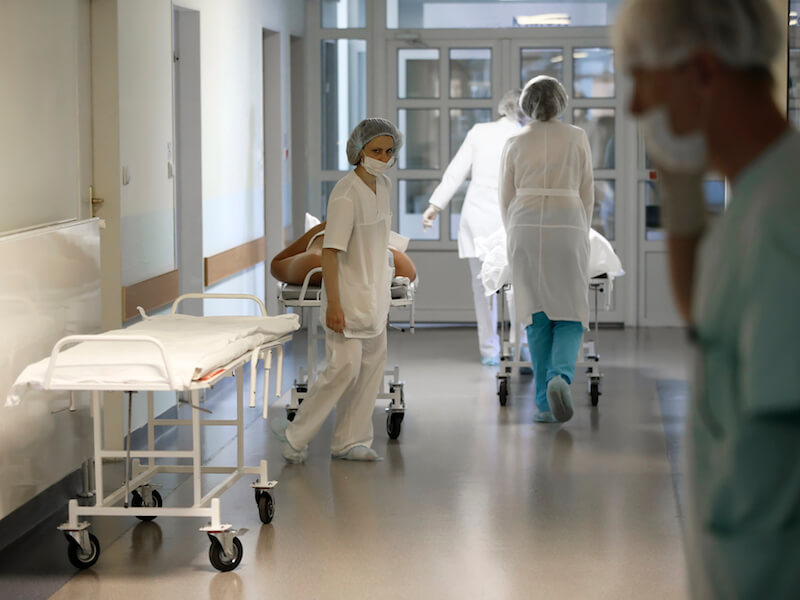
Having to go to the ER can cost you time off work, not to mention personal pain. What if you could lessen your risk of falls, accidents, depression, anxiety, and even dementia while also preventing visits to the ER.
Surfacing research makes the case that, for individuals with severe hearing loss, wearing their hearing aid could be the difference between staying involved and healthy and winding up spending many nights in the emergency room.
The Research
This University of Michigan research assembled participants which ranged from 65-85. Extreme hearing loss was a common condition between them. But out of all of those people who took part, only 45% of them used their hearing aids regularly.
Other studies have also shown that hearing aids were used regularly by only 30% of people who had them.
12 fewer, of the 585 individuals who did wear their hearing aid, had Er visits or unplanned hospitalizations.
This may not seem like a very large number. But statistically, this is significant.
And that’s not all. They also discovered that one day fewer, on average, was spent in the hospital for those who wore their hearing aids. Their time at the ER was probably decreased because they were more likely to keep their regular doctor’s appointments.
How Can Emergency Care Visits be Decreased by Using Hearing Aids?
First for the obvious one. You wouldn’t be as likely to need emergency care if you were keeping up on your health.
Other studies have shown that when people with hearing loss wear their hearing aids, they stay more connected to friends, family, and the community. When a person is socially connected they are normally more motivated to keep their appointments and also have more help from family and friends getting to the doctor.
For those bringing themselves, it means that they can drive more safely with less stress about what they can’t hear.
Additionally, a U.S. study revealed that people with hearing loss who don’t use their hearing aid are two times as likely to be depressed. Health problems linked to lack of self care is often an outcome of depression.
Thirdly, several studies have revealed that wearing your hearing aid can minimize fall risk and cognitive decline. As a person starts to suffer from hearing impairment, the corresponding region of the brain begins to decline from lack of use. With time, this can extend through the brain. The disorientation related to falls and symptoms of dementia are often the outcome.
Long hospital stays often accompany falls and falling is a major cause of senior death.
These are just a few of the reasons that hearing aids help decrease trips to the ER.
Why do so Many Individuals Avoid Wearing Hearing Aids?
It’s hard to come up with a valid excuse.
Fear of appearing old is one leading reason why some people don’t wear their hearing aids. This perception remains in spite of the fact that around 25% of individuals over 65 have substantial hearing loss, and 50% of those 75 and above have it. Hearing loss is not unusual. It’s common. Plus, hearing loss is on the rise even with 20-year-olds thanks to earbuds and the rise in noise pollution.
It’s ironic that when someone is constantly asking people what they said it actually makes them seem older.
Price is often mentioned as a concern. However, hearing aids have become more affordable in just the past few years, and there are ways to finance them.
Lastly, some don’t enjoy the hearing experience with their hearing aid. This can typically be corrected by simply working with your hearing specialist to learn how to more successfully use your hearing aid in various settings. Hearing aids can require several fittings before they are just right.
Make an appointment with your hearing specialist so we can help you feel more comfortable wearing your hearing aids.